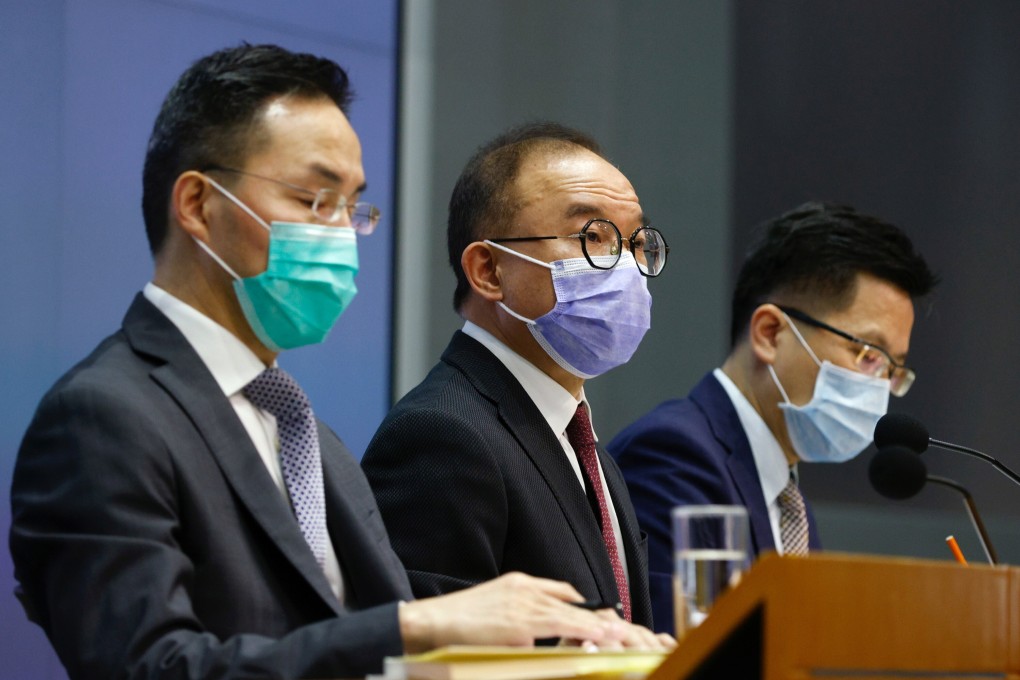Editorial | Hong Kong district councils need to get working again when oaths dust settles
- With more than half of the bodies’ members having either quit or been arrested, those who pass the allegiance test must press on with business

The controversial requirement for district councillors to pledge loyalty to the Basic Law and the Hong Kong government, or otherwise be removed from office, is finally ready for implementation.
More than half of the 479 members, however, have either given up their seats ahead of the oath or been locked up for alleged offences. Like it or not, the move is a new political reality, but it is to be hoped that the dust will soon settle and allow councils to get back to business.
That the government has been dragging its feet for so long is to be regretted. Oath-taking arrangements were supposed to be ready in July following the passage of the relevant law in May.
Meanwhile, there has been growing speculation about those disqualified, including whether they will have to pay back millions of dollars in pay and expenses. As many as 260 have stepped down in an apparent attempt to avoid financial liability.

06:32
Hong Kong opposition district councillors say farewell to constituents after mass resignation
Officials have stopped short of dispelling such speculation despite repeatedly being pressed for clarification. When asked about the matter on Tuesday, Secretary for Home Affairs Caspar Tsui Ying-wai said only that those who did not pass the oath requirement would immediately cease to be paid and not have their outstanding expenditure reimbursed.

